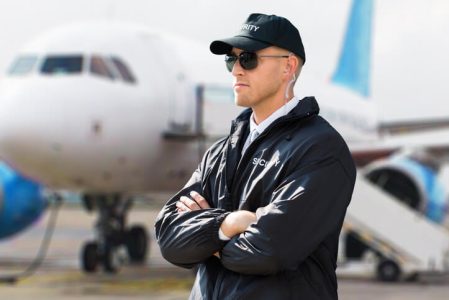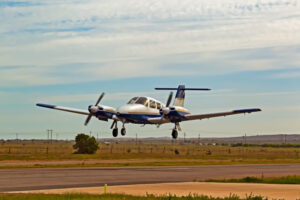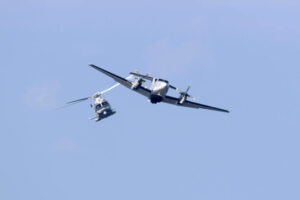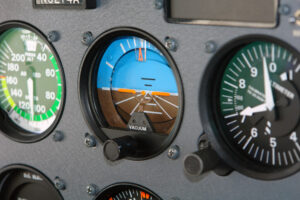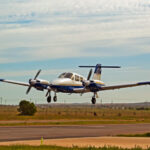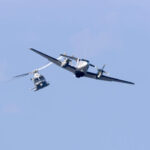The Importance of Corporate Aviation Security for Pilots and Operators
Corporate aviation security is a vital pillar of the industry, ensuring the safety of passengers, crew, and assets. With a growing reliance on private and corporate air travel, the stakes are high. For both pilots and aviation companies, maintaining robust security measures is not just a regulatory obligation—it is a professional duty that safeguards lives and reputations while ensuring the uninterrupted operation of business activities.
Why Corporate Aviation Security Is Crucial
Corporate aviation presents unique security challenges. Unlike commercial operations, corporate flights often involve high-profile passengers, sensitive business activities, or valuable cargo. Neglecting security can lead to severe consequences, including theft, sabotage, hijacking, or the endangerment of lives.
Here are just a few reasons why corporate aviation security demands attention:
- High-Value Targets: Corporate aircraft often carry executives or highly confidential information, making them attractive to criminals or unauthorized actors.
- Reputation Risks: Any breach of security can harm the organization’s reputation, potentially affecting clients and business operations.
- Financial Impact: From stolen intellectual property to ransom demands, the financial toll of a security lapse can be devastating.
- Flight Safety Risks: Compromising security directly impacts the well-being of passengers and crew, increasing the likelihood of sabotage or unsafe conditions.
The consequences of inadequate security can ripple far beyond the flight deck. That is why proactive measures are not just recommended—they are essential.
The Pilot’s Role in Aviation Security
As the last line of defense, pilots bear significant responsibility in preserving the security of their aircraft and passengers. Security is more than a procedural task; it demands a state of mind that prioritizes vigilance, awareness, and adherence to established protocols.
Key Responsibilities of Pilots
Pilots must be proactive and informed to safeguard their aircraft. Here are some critical security tasks they are entrusted with:
- Conduct Comprehensive Pre-Flight Security Checks
Ensure the aircraft is thoroughly inspected for tampering, unaccounted-for items, or signs of unauthorized access.
- Vet Passengers and Cargo
Collaborate with ground teams to ensure passenger and cargo screening meets operator and regulatory standards. It’s vital to confirm identities and double-check manifest discrepancies.
- Monitor Airport and Ramp Activity
Be aware of the environment during ground operations, including restricted-area access points, suspicious behavior, or unattended baggage.
- Follow Secure Access Procedures
Limit access to the aircraft and cockpit, ensuring only authorized personnel are on board.
- Adhere to Security Protocols and Regulations
Comply with company security practices, as well as government and international aviation regulations.
- Foster Security Awareness
Engage with the crew to maintain a secure mindset, conducting regular security briefings and training sessions.
These responsibilities are essential in creating a culture of safety and vigilance, which extends beyond technical operation to physical and procedural security.
Security and Flight Safety Are Intertwined
Corporate aviation security is directly tied to overall flight safety. A lapse in security can create unsafe situations, from unauthorized access to sabotage. By staying ahead of potential threats, pilots not only protect their passengers but also preserve the integrity of the aircraft’s systems and capabilities.
Good security habits also have a ripple effect, fostering trust among passengers and stakeholders. When pilots and corporations demonstrate a dedicated commitment to safety, they strengthen the industry’s reputation as a reliable, secure mode of transportation.
Conclusion
Corporate aviation security is a shared responsibility that begins with pilots and extends across the organization. By prioritizing vigilance, enforcing protocols, and maintaining a proactive attitude, pilots ensure that every flight remains as safe and secure as possible. This commitment is not just the mark of professionalism—it reinforces the trust that passengers and corporations place in our industry every day.
With security as an integral part of pre-flight preparation and operational execution, pilots play an indispensable role in safeguarding corporate aviation. Fly secure—and remember, every action counts.
RELATED CTS TRAINING

